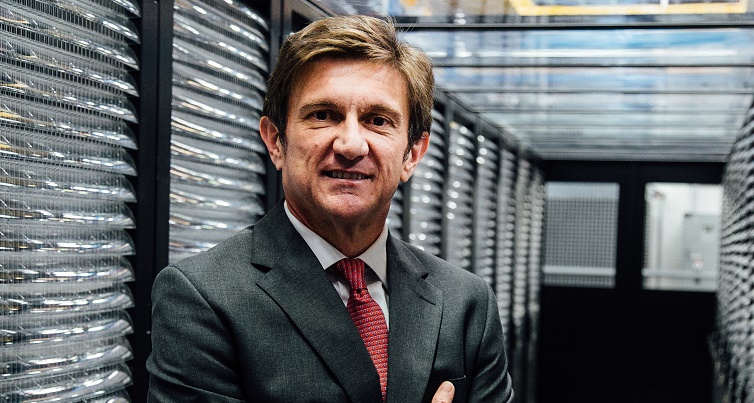
By Eduardo Carvalho, President of Equinix in Brazil
What we have today is a very different reality. We have shortened all distances and topics such as mobility, cloud computing and social media are part of our daily lives. Not only in companies, but mainly outside them. According to the IBGE, in 2014, 95.4 million people, or 54.4% of the population, with ten or more years of age accessed the network at least once in a period of three months.
And access, even, is no longer only through desktop. We can now connect anywhere from mobile devices. Gartner says mobile data traffic can reach up to 173 million terabytes by 2018. This consumption is growing rapidly and is driven by new concepts like Internet of Things. Also according to the consultancy, there will be about 26 million IoT devices in action worldwide by 2020.
E-commerce drives this traffic - in 2015, Brazilian e-commerce handled R$ 41.3 billion according to a study carried out by E-bit / Buscapé Company. But, some seasonal events also accelerate data consumption. At the 2014 World Cup, for example, in the game between Brazil and Germany alone, 35.6 million messages were sent on Twitter, according to data from the network itself. In the quarterfinal matches, SindiTelebrasil pointed out that the public posted 11,000 photos per minute during the games.
We will now have the Olympics in Brazil and the increase in data traffic will be equally inevitable. In the case of the World Cup, we did not have data blackouts, even with traffic above average. We need to repeat this success, but the care with the Information Technology infrastructure must be increased. The volume of data exchange increases exponentially each year and the World Cup may no longer be enough to support the Olympic Games.
The Rio 2016 Games Organizing Committee expects, for example, that 85% of the audience will take place via mobile devices. For the first time in the tournament's history, the public will have access to 3D arena maps and will be able to navigate the Olympic venues with Google Street View. Imagine how much infrastructure this will not require?
The Games will be a real challenge for IT companies - even in parallel with the 2014 World Cup, we must think that there are 17 days for 306 events, with simultaneous about 30 events. In the case of the World Cup, there were only 3 or 4 matches that took place at the same time. Networks need to operate with full redundancy and high capacity for data traffic. Otherwise, the user experience will be limited and even frustrating.
Rio de Janeiro, host of the Games, is considered the most intelligent and connected city in the country according to the Connected Smart Cities ranking. It is already a first step. Among the investments made that led Rio to receive the award in 2015 is the Rio Operations Center (COR), which integrates 30 bodies in monitoring, anticipating and responding to events in the city. In other words, the region's IT infrastructure is already prepared. But, what about your company?
The Olympic Games offer us countless business opportunities and, in order to seize them, we have to structure ourselves. Brazil is a country with a good market for the IT sector, we are in a great moment in this area - new organizations, more and more people connected, increase in the volume of data traffic, important events for the whole world. This is the time! Think about it and find your company's space in this market.













